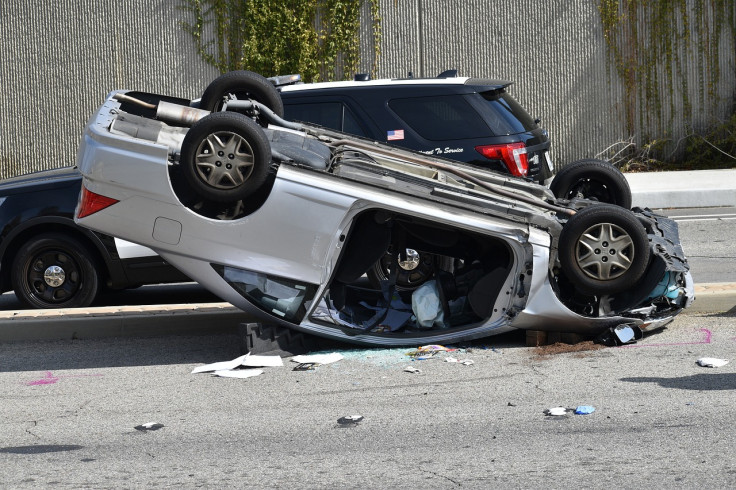World Trauma Day: Significance, Ways To Observe
Traumatic events such as accidents remain common all over the globe. World Trauma Day is observed every Oct. 17 to highlight the importance of saving lives during these critical, traumatic moments.
The global observance was created in New Delhi, India in 2011 because of the sheer number of people in the country who lose their lives to road accidents. It was estimated that some 400 people die of such incidents in India every day.
But India is not alone in dealing with the high number of traumatic experiences. Trauma is said to be a major cause of disability and death worldwide. In the U.S., it is even the fourth leading cause of death "overall for all ages," according to The American Association for the Surgery of Trauma (AAST). Among people up to 45 years old, it is even the actual leading cause of death.
This day stresses the need to prevent deaths and disabilities from trauma like having the necessary pre-hospital care and equipment to take care of trauma victims.
In some developing parts of the world, for instance, some hospitals still don't have the necessary medical equipment to care for such patients, according to National Day Calendar. Sometimes, it may even take an hour to get to the hospital after a car crash, while other places lack the personnel who are trained to handle such happenings.
According to AAST, road crashes kill 1.2 million people in the world annually. A shocking 90% of these, the organization said, are in low or middle-income countries. And that is even if these countries only account for 60% of the world's vehicles, according to the World Health Organization (WHO).
People can be a part of the commemoration by enlightening their peers about traumatic incidents, whether worldwide or perhaps in their own locales. They can do so via social media using #WorldTraumaDay.
Another important way to observe the day is to learn important skills that may just prove useful if such traumatic events occur. For instance, they could take this as the chance to learn CPR or find out about the important, life-saving steps to take if someone gets a traumatic injury.
Others may even use the day as an opportunity to advocate for facilities in their area -- investing in having the necessary equipment and skills to handle traumatic events. Or, importantly, they may help prevent the events in the first place by stressing the importance of road safety.
"Injury can be prevented and many lives saved by learning more about the causes of injury and implementing appropriate injury prevention strategies," noted the AAST. "Many of these strategies are well-established, easily available and relatively inexpensive, such as seat belts and helmets."
Importantly, while accidents such as car crashes account for a lot of traumatic experiences, these may also stem from experiences such as abuse, assault and military operation. These may even lead to Post Traumatic Stress Disorder (PTSD) "if not handled properly," noted National Today.
As such events may linger for the people who experienced them, people can also learn more about how trauma or PTSD may impact a person's well-being, and about some of the ways to cope with it. They may even take the time to talk to someone who, perhaps, has remained traumatized by such an event, and extend some kindness and empathy their way.

© Copyright IBTimes 2025. All rights reserved.






















